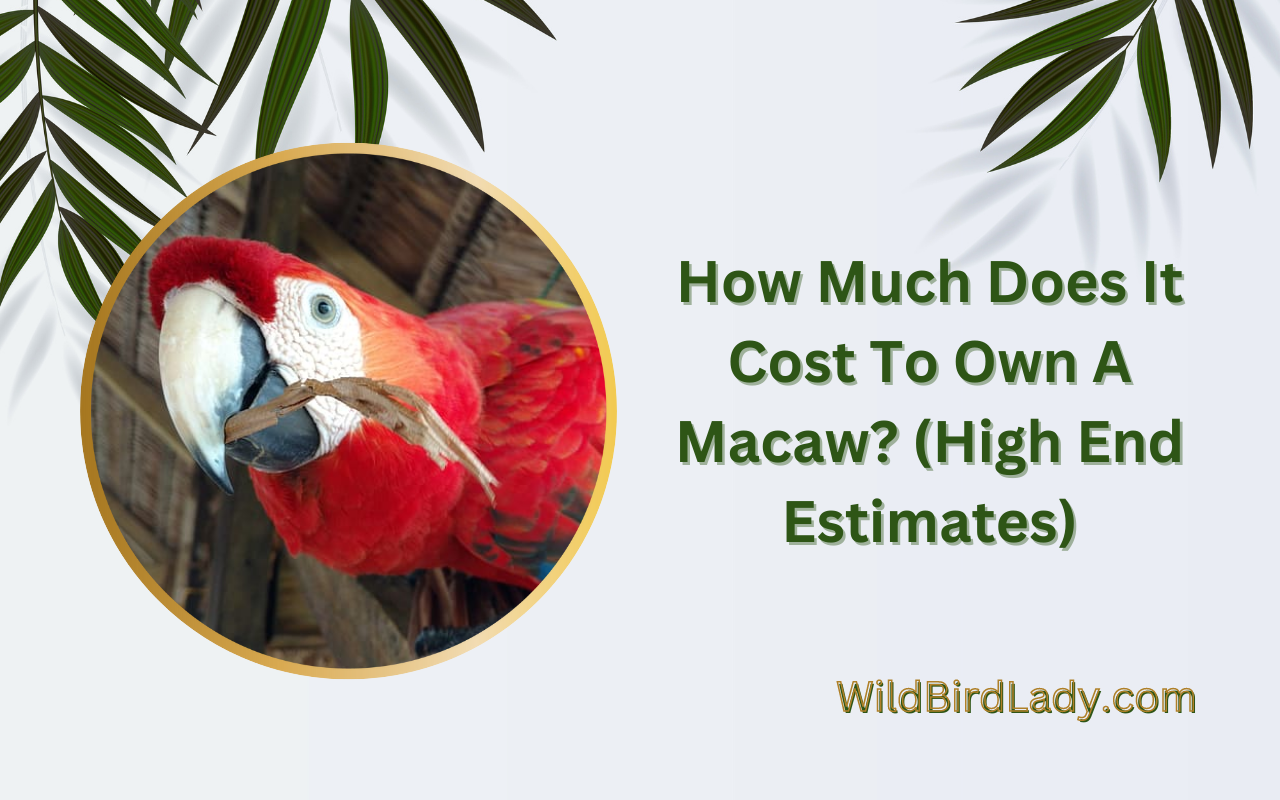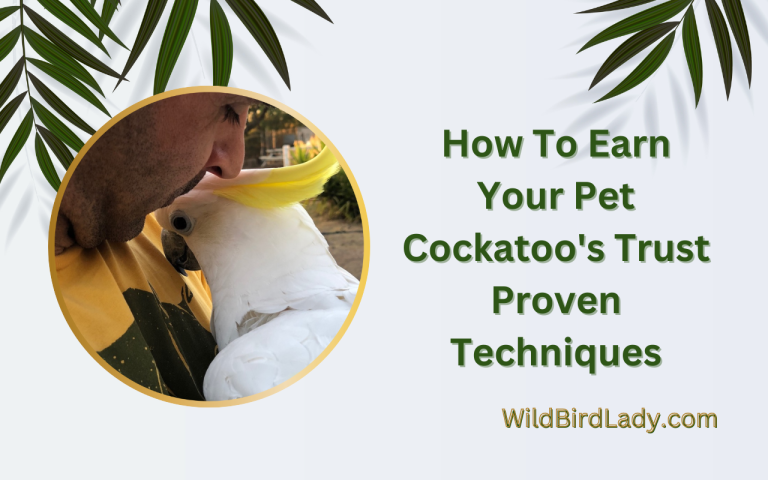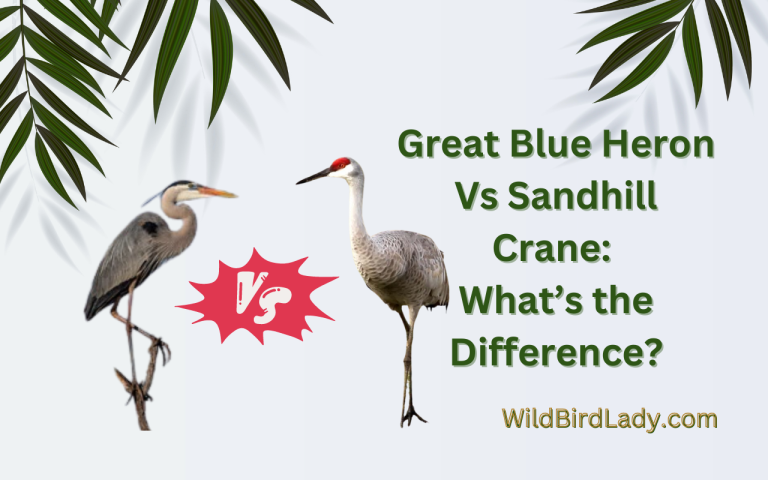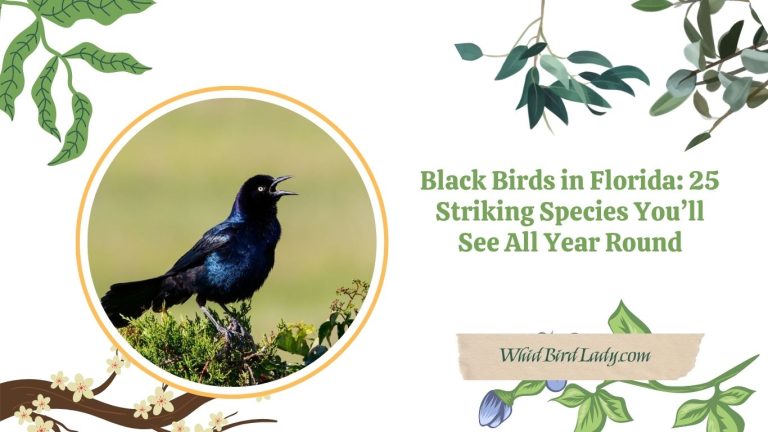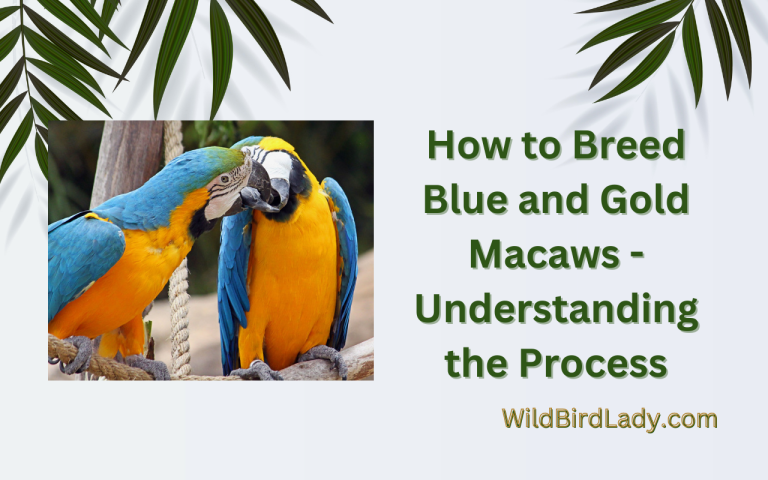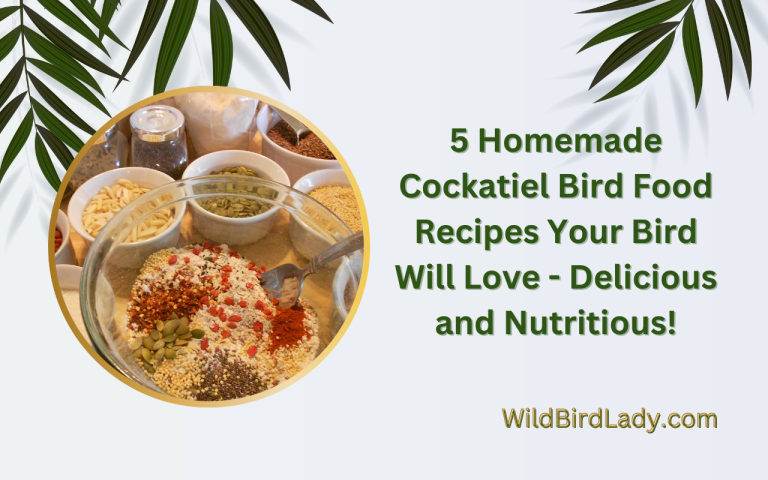How Much Does It Cost To Own A Macaw? (High End Estimates)
It can cost up to $15,000 to own a macaw, including the initial purchase, cage, food, and veterinary care. Owning a macaw can be a rewarding experience, but it’s important to keep in mind that these intelligent and social birds require a significant investment both in time and money.
The cost of owning a macaw can vary depending on factors such as the type of macaw, where you purchase it, and the types of food and toys you provide. At minimum, owners can expect to spend several thousand dollars a year on food, toys, and vet care.
In addition, macaws require plenty of space to move and play, and a suitable cage can cost several thousand dollars. With the right care, macaws can live up to 50 years or more, so owners must be prepared for a long-term commitment.
Credit: www.nytimes.com
Purchase And Adoption Costs
Key Factors That Affect The Cost Of Purchasing A Macaw
Macaws are beautiful, intelligent, and social birds that make wonderful pets, but they come with a hefty price tag. If you’re thinking of adding a macaw to your family, it’s essential to understand the key factors that affect the cost of purchasing these birds.
Here are some crucial factors to consider:
- Species: Macaws come in several different species, with varying prices. Blue and gold macaws are the most common and least expensive, while hyacinth macaws are the rarest and most expensive.
- Age: The age of the bird can significantly impact the cost. Adult macaws cost more than young birds because they are generally better trained and can be harder to find.
- Genetics: Some bird breeders breed their macaws for specific color mutations, which can impact the cost of purchasing these birds. For instance, the green-winged macaw with a high yellow gene mutation can cost up to $20,000.
- Location: The location of the breeder or the adoption agency can also affect the cost. Macaws are sensitive birds and require comfortable temperatures. For this reason, breeders in colder climates may charge more for their birds as they need to heat the aviaries, which also results in high electricity bills.
The Cost Comparison Of Purchasing From A Breeder Versus Adoption Agencies
Now that we’ve identified the key factors that impact the cost of purchasing a macaw, let’s compare the cost of purchasing from a breeder versus adoption agencies.
Purchasing From A Breeder
Purchasing a macaw from a breeder comes with distinct advantages, including the ability to select the specific species and color mutation that you want. Furthermore, the macaw will be a young bird, so you’ll have more time to train it and develop a strong bond with it.
The advantage of purchasing from a breeder also comes with a higher price tag. Ensure that you check the breeder’s credentials, including certification and recommendations, before making a purchase. As mentioned, buying from a reputed breeder typically comes with a higher price, but it guarantees that the macaw is healthy, beautiful, and purebred.
Adopting A Macaw
Adopting a macaw can be less expensive than purchasing from a breeder. However, it doesn’t allow you to choose the species or the color mutation. Older macaws may require extra care and attention, and you should be prepared for such care.
Adoption agencies can be an excellent option for those who want to give a loving home to a macaw, but it is essential to understand that it could mean vet bills in the future because the macaw would be of unknown genetic lineage.
The cost of owning a macaw depends on various factors, including the species, genetics, age, and location of the breeder or adoption agencies. Ensure to put everything in place before making a purchase and make sure to provide the best care for your macaw.
Accommodation And Accessories
The Type Of Housing Suitable For Macaws
Macaws are a species of bird that requires an adequately sized and secure living space to thrive both physically and psychologically. These birds are sociable and highly intelligent; thus, their home should allow for mental and physical stimulation. A suitable housing option for macaws is a large cage or aviary with enough room for flight and play, with enough space to stretch their wings without touching the sides.
Cage Size And Material With High Quality
The size of the cage varies with the bird’s size. It is advisable to opt for the largest cage possible, and the minimum dimensions should be 3ft wide, 3ft deep, and 6ft high for one macaw. However, a pair of macaws should have a minimum space of 6ft wide, 6ft deep, and 6ft high.
It’s crucial to choose a cage made of durable and safe material. Stainless steel is the go-to option for high-quality cages as it’s long-lasting, easy to clean and has no toxic coating that could affect the bird. Investing in a cage made from high-quality materials will save you money in the long run, as you won’t need to replace it frequently.
Essential Accessories Including Perches, Toys, And Feeding Bowls
Providing your macaw with suitable accessories is crucial for its physical and psychological well-being. Here are some must-have accessories for your macaw:
• perches – offering a variety of perch shapes and sizes for your macaw to choose from can help encourage foot exercise and reduce the risk of foot problems.
• toys – macaws are intelligent birds that require mental stimulation. Providing toys such as puzzles, swings, ropes, shredders, and bells will keep your macaw entertained while also providing the required mental stimulation.
• feeding bowls – large and sturdy feeding bowls are necessary and should be placed strategically to avoid contaminated water or food.
Estimated Costs For These Items
The estimated cost for a high-quality cage for a macaw is between $1500 to $2500, depending on the size and material. Perches range from $20 to $50, while toys can cost from $10 to $100, depending on what you choose.
Feeding bowls are relatively inexpensive and can range from $5 to $20. Overall, the estimated cost for housing and essential accessories for a macaw is roughly between $2000 to $3000.
Providing your macaw with a suitable habitat, along with the right accessories, is crucial in ensuring the bird’s well-being. Investing in high-quality accessories will save you money in the long run, and your feathered friend deserves nothing but the best.
Feeding And Care
Macaws are a beautiful and exotic breed that requires a lot of attention, care, and resources. While owning a macaw can be a joyful experience, it can also be expensive. Here is a breakdown of the cost of macaw care and feeding:
Macaw’S Diet And Nutrition Requirements
Macaws are large birds that require a balanced and nutritious diet. Their diet should consist of fresh fruits, vegetables, nuts, and seeds.
- They require fresh fruits and vegetables, such as apples, carrots, bananas, and broccoli, which can cost between $10-$35 per week.
- Nutritious pellets are a vital part of their diet, which cost approximately $50 per month.
- Macaws love nuts and seeds; however, overindulging can upset their digestive system. It’s best to limit their intake and consider the cost of these treats at around $15 per week.
The Cost Of Macaw Food And Supplements
Macaws require high-quality food and supplements to maintain a healthy lifestyle. Here are the costs:
- A large bag of high-quality birdseed can cost around $50.
- While there are no formal supplements for macaws, tailored vitamin supplements or probiotics can help improve their digestive system and immune system. The cost of a probiotic supplement ranges from $20 to $25.
Routine Veterinary Check-Ups, Medications, And Recurring Expenses
It’s necessary to take your macaw for check-ups to the vet to ensure they maintain proper health. Here are some expenses to consider:
- A routine visit to the vet can cost around $150.
- Annual vaccines cost between $150-$200.
- If your macaw falls sick, the cost can escalate significantly depending on the diagnosis and treatment needed. Illness or disease can cost between $200-$600 per treatment.
Grooming, Cleaning, And Maintenance Expenses
Maintaining a healthy environment for your macaw is crucial. Here are some expenses to consider:
- A good quality cage may cost approximately $500-$700.
- Cleaning supplies consisting of safe bird detergents, disinfectants and paper towels are required for maintaining the cage cleanliness. This expense may range from $20 to $50 per month.
Owning a beautiful macaw requires effort, time, and money. It’s essential to consider the expenses involved before deciding to own one. However, this exotic pet is worth every penny if cared for properly.
Training And Entertainment
The Importance Of Training And Socializing Your Macaw
Training and socializing your macaw is crucial for keeping them healthy and happy, and it can help them develop better behavioral habits. A lack of training and socialization can lead to negative behaviors like biting, screaming, and feather plucking. Some key points to keep in mind when training and socializing your macaw are:
- Socialization should begin early, ideally when the bird is still young.
- Consistent positive reinforcement is essential for establishing good habits.
- Training sessions should be short and focused, and they should always end on a positive note.
- Plenty of social interaction with family, friends, and other birds is crucial for keeping your macaw happy and well-adjusted.
Differences In Training Cost Based On Methods
There are several different methods for training and socializing your macaw, and the cost can vary depending on the approach that you choose. Some of the most common methods include:
- Traditional behavior modification training: This method involves using positive reinforcement to encourage positive behaviors and discourage negative ones. The cost can vary depending on whether you work with a professional trainer, but you can expect to spend anywhere from $100 to $500 for a beginner’s class.
- Clicker training: Clicker training involves using a clicker to mark desired behaviors. This method can be particularly effective for macaws because they respond well to auditory cues. The cost for basic training materials and a clicker can range from $25 to $100, depending on the quality of the materials you choose.
- Target training: Target training involves encouraging your macaw to follow a target object, like a stick or a ball, with a rewarding treat. The cost for this method is relatively low, with basic target training materials costing around $20.
Cost Of Professional Training Courses
If you opt for professional training classes, you can expect to spend more money on training your macaw. Here are some key points to keep in mind when considering professional training courses:
- The cost for professional training can vary depending on where you live and the quality of the training program.
- On average, you can expect to spend anywhere from $50 to $150 per hour for private lessons with a professional trainer.
- Group training courses can be more affordable, with costs ranging from $150 to $500 for a 10-week course.
Recreational Expenses And The Cost Of Entertainment For Your Macaw
Like humans, macaws need plenty of stimulation and entertainment to stay happy and healthy. Providing enrichment activities and toys can help prevent negative behaviors and reduce stress. Here are some key points to keep in mind when budgeting for entertainment expenses for your macaw:
- Macaws need plenty of toys and mental stimulation to stay happy and healthy. Plan to spend anywhere from $100 to $500 or more per year on toys and activities.
- Entertainment expenses can also include the cost of creating a dedicated play area for your macaw. This may include cost for perches, swings, and other types of play equipment.
- If you work long hours or need to travel frequently, you may want to consider a bird-sitting service. The cost for bird-sitting can vary depending on your location, but you can expect to spend anywhere from $15 to $50 per visit.
Overall, the cost of owning a macaw can be substantial, but the rewards of owning one of these intelligent and affectionate birds are immeasurable. By budgeting appropriately and prioritizing training and socialization, you can provide your macaw with a happy and healthy life.
Frequently Asked Questions On How Much Does It Cost To Own A Macaw? (High End Estimates)
What Is The Cost Of A Macaw?
The cost of a macaw is between $800 to $15,000, depending on the species and breeder.
What Is The Yearly Maintenance Cost Of A Macaw?
The yearly maintenance cost of a macaw is around $1000 to $3000 for food, toys, and veterinary care.
What Is The Lifespan Of A Macaw?
The lifespan of a macaw is between 30 to 100 years, depending on the species and their quality of life.
What Type Of Diet Does A Macaw Need?
A macaw should have a balanced diet that includes fresh fruits, vegetables, pellets, and seeds to maintain proper nutrition.
What Is The Cost Of A Macaw Cage?
The cost of a macaw cage is between $200 to $1000, depending on the size and material. A larger cage is usually better for their wellbeing.
Conclusion
Taking care of a macaw is not only a joyful experience but also a challenging one. The high cost estimates mentioned in this article are not to scare potential owners but to provide a clear perspective on the responsibilities of owning these marvelous birds.
The expenses involved in buying a macaw, its food, shelter, and other necessities, while significant, will seem trivial in comparison to the rewards you’ll reap in return. If you are willing to put in the effort, love, and care, you will undoubtedly be rewarded with the remarkable bond that these birds can offer.
Remember, owning a macaw is a long-term commitment, and it is your responsibility to provide them with a comfortable and healthy environment. With careful planning, research, and attention, owning a macaw can be a fulfilling and enriching experience. So, assess your situation, weigh your options, and make an informed decision – one that will reward you with a lifetime of companionship and joy.

